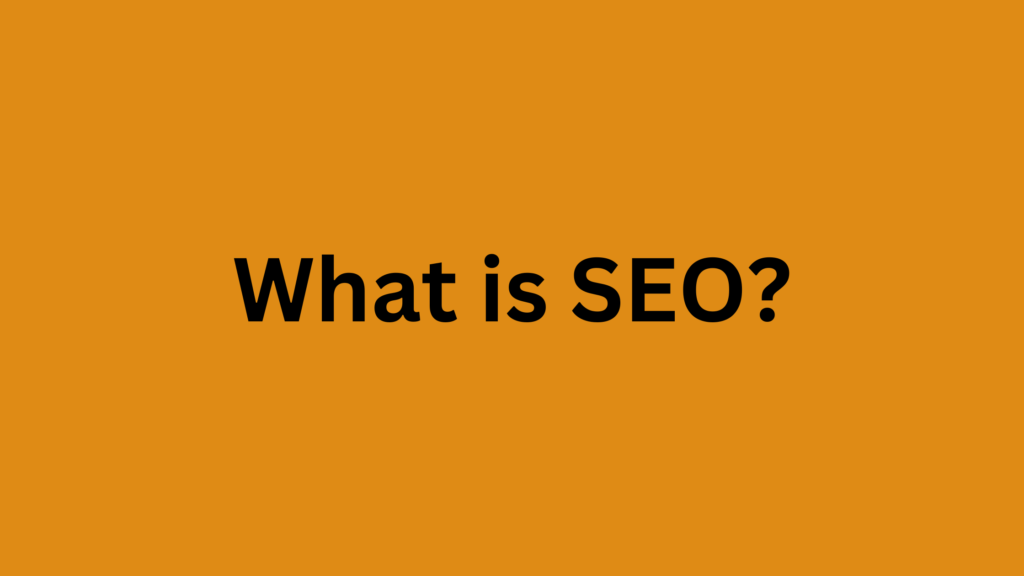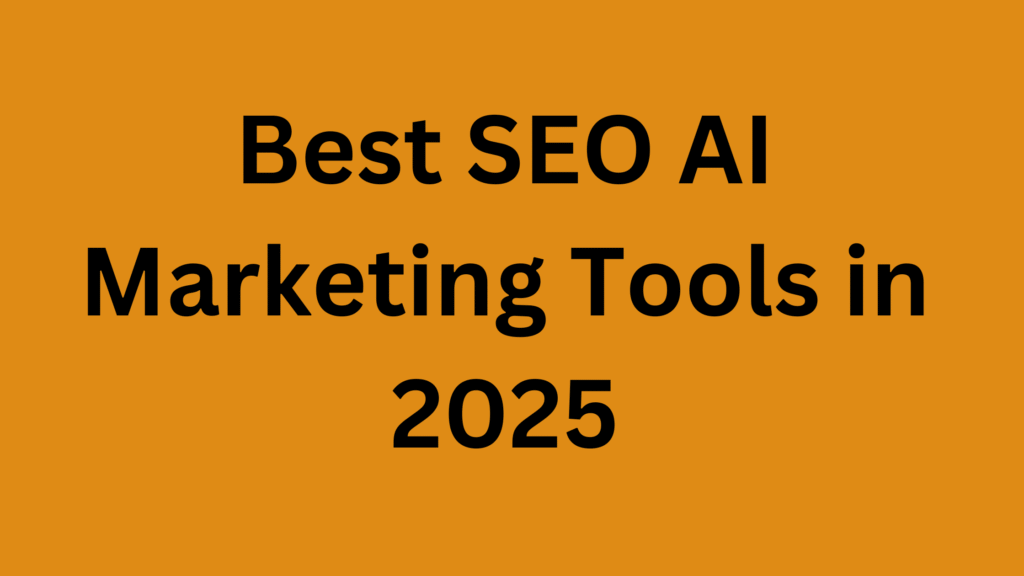What is SEO?
SEO stands for Search Engine Optimization. It’s all about improving your content so people can find it easily through search engines like Google, YouTube, or Amazon without paying for ads.
Think of a search engine like a library. This library has billions of books and pages, and you want to find something specific—say, “health supplements.” The search engine looks through its “index” (a giant collection of all the pages it knows) and shows you the best matches for your search.
Contact me at www.iwritetisell.com to get quality, one-on-one SEO services.
Why SEO Matters
- It’s Free: Traffic from SEO doesn’t cost you anything.
- It’s Consistent: Once you rank high, people will keep finding you.
- It’s Huge: You can reach more people than you might otherwise.
Google is the most popular search engine, so most people focus on optimizing for it. But there are others too—like YouTube (for videos) or Amazon (for product listings).
Also related: What is Copywriting?
How Google Works
Google uses tools called “crawlers” or “spiders” to visit websites and gather information. They start with a list of websites and follow links to discover new pages. This process creates a giant database, known as an index. When someone searches for something, Google looks at its index to find and rank the best results using complex algorithms.
Important Terms
- Crawling: Spiders visit pages and follow links.
- Indexing: All the data is organized into Google’s database.
How Google Ranks Content
Google uses many factors to decide which pages to show. Here’s how it works:
- Understand the Query: Google figures out what you mean. For example:
- Search “slow cooker recipes”? Google shows recipes.
- Search “slow cooker”? You’ll see products because Google thinks you might want to buy one.
- Relevance: Google checks if your page is about what people are searching for. It looks beyond exact words to related terms. For example:
- A page about “getting a driver’s license” might also include words like “road test,” “safety,” or “exam.”
- Content Quality (EAT): Google values pages that show expertise, authoritativeness, and trustworthiness. A big part of this is backlinks—other websites linking to your page.
- Search Intent: Matching the reason behind a search is key. For example:
- Search “best Mexican restaurant”? Google shows nearby spots.
- Search “Donald Trump”? You’ll see news articles because people want the latest updates.
Why SEO is Important
Good SEO connects your content with the right audience. Whether it’s written guides, videos, or product pages, following SEO best practices helps your content show up when it matters most.
By focusing on search intent, relevance, and quality, you can make sure your site gets the visibility it deserves—without spending on ads.
Comment down below on what you think of SEO. Is it worth it or would you rather spend money on ads?



